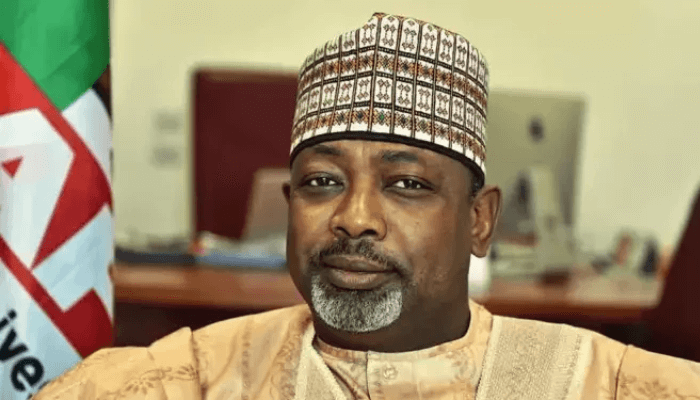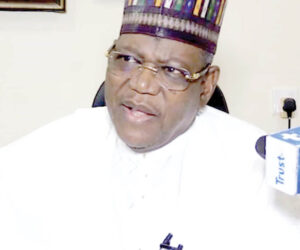The Federal Government has unveiled a landmark initiative aimed at tackling Nigeria’s persistent post-harvest challenges, launching the Nigeria Post-harvest Systems Transformation Programme (NiPHaST) as part of President Bola Tinubu’s Renewed Hope Agenda to drive food security, economic growth and poverty eradication.
The programme was officially introduced during the Nigeria Legacy Session of the Africa Food Systems Forum held in partnership with the Alliance for a Green Revolution in Africa (AGRA) in Dakar, Senegal.
Abubakar Kyari, Minister of Agriculture and Food Security, who led Nigeria’s delegation, described NiPHaST as a “game-changer” for the Country’s agricultural value chain.
Read also: Experts demand cold chain solution to halt Nigeria’s post-harvest losses
Kyari explained that Nigeria currently loses an estimated ₦3.5 trillion annually due to poor post-harvest handling, a burden that falls heavily on smallholder farmers.
“This is not just produce going to waste. It is an opportunity lost and livelihoods destroyed,” he said, noting that the new programme seeks to reduce such losses through modernised storage and handling systems.
According to the Minister, NiPHaST will stabilise food prices, improve the availability and affordability of staple foods, and strengthen national food sovereignty.
“Its scope will cover innovations such as household-level storage technologies, community warehouses, climate-smart silos, cold rooms, and strategically managed national grain reserves, with public–private partnerships serving as a major driver of the programme.
Read also: Institute, Rivers varsity, wage front against Nigeria’s N3.5trn post-harvest losses
“The initiative will unlock private sector investment, expand storage infrastructure, and strengthen market confidence. It will also enhance agricultural exports, boost household incomes, create jobs, and promote food import substitution across the agricultural ecosystem”, he added.
BusinessDay reports that the stakeholders at the Dakar Forum welcomed the move, emphasising that the robust post-harvest systems would not only secure farmer livelihoods but would also position Nigeria as a major food supplier in West Africa.
Kyari also called for stronger international collaboration, stressing that transforming Nigeria’s post-harvest systems would revive agribusiness confidence and lay the foundation for a resilient food system capable of meeting the nation’s nutrition and economic growth targets.








